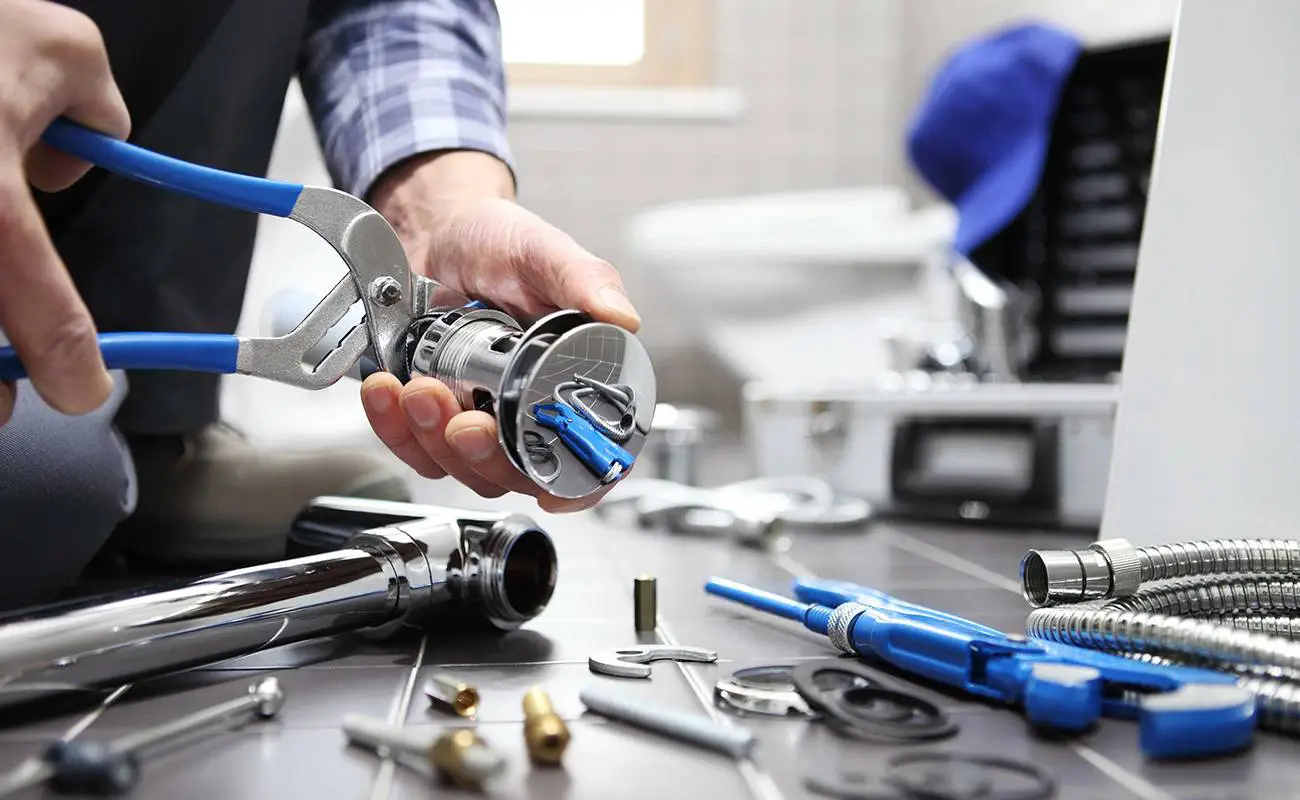Home Maintenance Schedule By Season
Here’s a comprehensive, season-by-season home maintenance schedule—designed not just to keep your house in tip-top shape, but to protect your equity, avoid surprise repair bills, and maximize the return on every dollar you invest. Treat each checklist as both a to-do list and a mini-investment plan for your home’s future value.
📊 Quarterly at a Glance
| Season | Focus | Key Tasks | Financial Benefit |
|---|---|---|---|
| Spring | Recovery & Prevention | Roof, gutters, exterior paint, HVAC tune-up | Prevent water damage (saves $1K–$5K) |
| Summer | Protection & Efficiency | Deck sealing, window caulking, pest control | Extend deck life (saves $500–$2K); lower energy bills |
| Fall | Winterization & Safety | Gutter cleaning, furnace service, insulation | Avoid freeze damage (saves $2K+); heating efficiency |
| Winter | Monitoring & Emergency Prep | Ice dams, humidity control, emergency kit | Prevent ice damage (saves $1K+); peace of mind |
🌱 Spring: Recovery & Prevention
Why it pays: Winter’s freeze–thaw cycles can crack shingles, clog gutters, and stress HVAC systems. A $200–$400 spring tune-up or gutter cleaning typically prevents thousand-dollar water intrusions and improves energy efficiency by up to 10%.
Roof & Gutters
Inspect shingles for curling or missing pieces; replace damaged ones to prevent leaks.
Flush gutters and downspouts; ensure water discharges at least 4 ft from foundation.
Exterior Paint & Siding
Spot-repair peeling paint and recaulk trim—cost: $100–$300 per side; benefit: avoids rot repairs ($1K+).
Power-wash siding to remove mildew and spot cracks.
HVAC Tune-Up
Replace filters, clean coils, test refrigerant—average cost $100–$150.
Yields 5–15% lower cooling bills and prolongs unit life by 1–2 years.
Landscaping & Drainage
Regrade soil away from foundation; install or clear French drains ($200–$600).
Prune shrubs 2 ft from siding to improve airflow and reduce pest harborage.
☀️ Summer: Protection & Efficiency
Why it pays: Summer heat and pests can degrade wood, strain cooling systems, and drive energy costs up. A $200 deck-sealing service can extend deck life by 3–5 years (avoiding a $5K rebuild), and sealing windows saves $100–$300 annually in cooling.
Deck & Porch Sealing
Clean, sand, and seal wood surfaces—average cost $1.50–$3 per sq ft.
Prevents rot and splintering, extending lifespan by 30–50%.
Window & Door Seals
Inspect weatherstripping and caulk gaps ($5–$15 per window).
Keeps cool air in, lowering AC bills by up to 10%.
Pest Control
Schedule a perimeter spray or bait service—$100–$200 per visit.
Avoids termite or rodent damage that can cost $2K–$10K to remediate.
Irrigation & Sprinkler Check
Test heads and valves; fix leaks ($50–$150 repair).
Conserves water, saving $100–$200 quarterly.
🍂 Fall: Winterization & Safety
Why it pays: Fall prep stops freeze damage in its tracks. A $120 furnace tune-up boosts heating efficiency by 10–15%, saving $150–$300 per winter, and proper insulation cuts heat loss—avoiding $500–$1,000 in excess fuel costs.
Gutter Cleaning & Leaf Guards
Clear leaves, install guards ($300–$600 total).
Prevents ice dams that can cause $1K–$5K in roof and soffit repairs.
Furnace & Fireplace Service
Inspect and clean furnace ($80–$150) and chimney sweep ($100–$200).
Reduces fire risk and ensures efficient heat output.
Insulation & Air Sealing
Add attic insulation or seal rim joists—costs $1–$2 per sq ft.
Improves comfort and can lower heating bills by 10–20%.
Outdoor Faucets & Sprinkler Blow-Out
Drain lines to prevent freeze damage—service $75–$150.
Replaces potential $200 pipe repair costs.
❄️ Winter: Monitoring & Emergency Prep
Why it pays: When it’s freezing outside, proactive monitoring and a stocked emergency kit can avert costly structural damage and give you peace of mind. Spending $50–$100 on supplies and checks can save well over $1,000 in repairs or hotel bills in a storm.
Ice Dam Prevention
Check attic vents and insulation levels; use a roof rake after heavy snow.
Mitigates ice backup that can leak into ceilings and walls.
Indoor Humidity Control
Use humidifiers to maintain 30–50% humidity—avoids wood shrinkage and static.
Prevents cracked floors and paint, saving on touch-ups.
Emergency Kit & Backup Power
Assemble flashlights, batteries, bottled water, basic tools, and first-aid supplies ($50–$100).
Include a generator or portable power pack if feasible.
Routine Walk-Throughs
Inspect around water heaters, pipes under sinks, and appliance connections for leaks.
Catching a pinhole leak early saves on a potential flood cleanup ($2K–$5K).
💡 Pro Tips for Maximum ROI
Track Your Spend vs. Savings. Keep a simple ledger: cost of maintenance task vs. estimated repair cost avoided. Over time, you’ll see your maintenance outlay pays for itself—and then some.
Bundle Tasks. Schedule multiple seasonal items with the same technician to save on service-call fees.
DIY Where Sensible. Simple tasks like gutter cleaning or sealing drafts can be done yourself; hire pros for electrical, HVAC, or anything requiring permits.
Stay Ahead of Warranties. Note appliance and system warranty expirations—schedule maintenance just before expiry to ensure coverage.
Set Calendar Reminders. Use your phone or a home-management app to alert you well before each season’s busy window.
By following this structured, season-by-season maintenance plan, you’re not only preserving your home’s integrity—you’re making smart financial decisions that protect and grow your most valuable asset. Consistent upkeep yields measurable savings, higher resale value, and—most importantly—peace of mind year-round.






